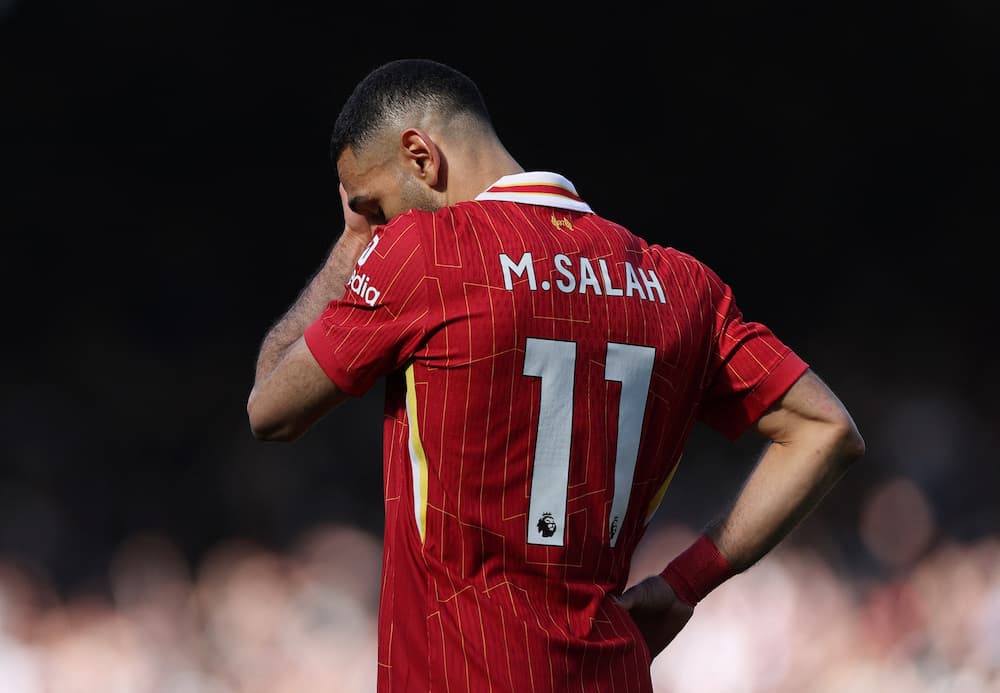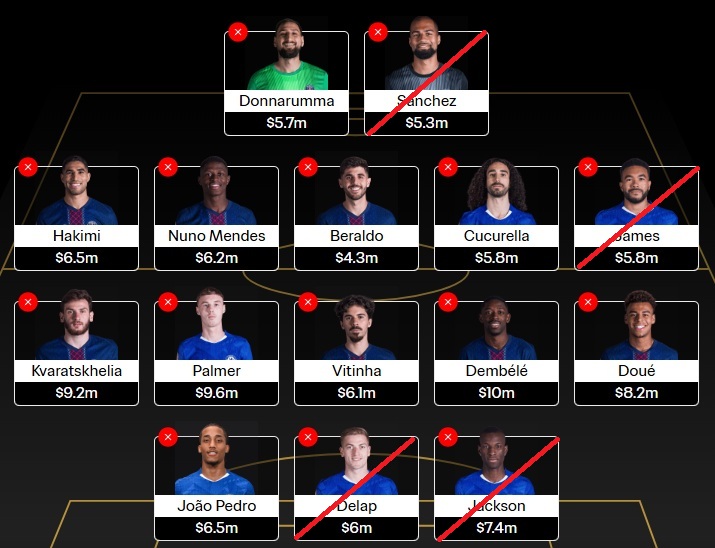With Fantasy Premier League (FPL) live for 2025/26, we’re welcoming back our team of guest writers for the new campaign.
Here, FPL Milanista – who has three top 5k finishes in the last five seasons – shares his initial thoughts on the FPL rule changes and prices and puts together a first draft.
Make sure you sign up for the new season to get all the Member-only articles, tools and features to make 2025/26 your best FPL campaign yet!

As the 2025/26 Fantasy Premier League (FPL) season kicks off, the game has introduced a series of new changes that promise to reshape our strategies and overall experience.
Some of these updates are clearly designed to enhance player options and fairness, while others have sparked debate among the FPL community.
Here’s a closer look at what’s new, what it means, and my take on the impact of these changes.
DEFENSIVE CONTRIBUTION POINTS + ASSIST CHANGES: GOOD FOR THE GAME?

To start with, I want to highlight two changes that I’m really excited about: the introduction of defensive contribution points and the revision of the assist rules.
The first broadens the range of players worth considering, which is always a welcome improvement in any Fantasy game.
Meanwhile, the updated assist rule shows that the game’s developers are committed to making meaningful progress toward reducing subjective, judgment-based calls – something that has often frustrated managers in the past.
By implementing clearer, more objective criteria, the season should feel much fairer and less contentious.
EXTRA AFCON TRANSFERS COULD STILL BENEFIT CAREFUL PLANNERS

Perhaps the most contentious change surrounds the rules for African Cup of Nations (AFCON) transfers. The new system allows extra transfers without strict validity dates, meaning we can roll these over until the end of the season.
Many managers have criticised this, arguing that it rewards those who didn’t plan properly for the AFCON period.
However, from my perspective, this change could actually reward strategic planning.
Since these transfers don’t expire, a savvy manager can leverage them beyond Gameweek 16, potentially avoiding point hits during a traditionally tricky period.
In essence, while it seems to benefit the unprepared on the surface, a thoughtful approach could turn this rule into a tactical advantage.
PLAYER PRICES

Looking at player prices now that the game has just launched a few hours ago, my initial impression is that most valuations are quite accurate, with the game generally opting for the higher end in those 50/50 cases.
Of course, there are always exceptions – players like Florian Wirtz (£8.5m), Mohammed Kudus (£6.5m), Gabriel Magalhaes (£6.0m) and Destiny Udogie (£4.5m), and even Mohamed Salah (£14.5m), in my opinion, could have been priced a bit higher while still maintaining strong appeal among managers.
BENCH BOOST IN GAMEWEEK 1?

Finally, there’s the Gameweek 1 Bench Boost strategy, which I’m still exploring in detail.
Using your Bench Boost chip right at the start of the season can be a clever tactic, especially now that we have two Bench Boosts to use throughout the campaign.
Playing it early lets you capitalise on points from your entire squad, including those players who might not usually be in your starting line-up but still have scoring potential. This strategy often demands careful planning and sometimes even requires using a Wildcard to properly set up your squad.
Once you’ve Bench Boosted, you can begin downgrading certain positions like your second goalkeeper or your eighth attacker, and redirect those savings to strengthen your starting XI.




Will be interesting to see how they price him. Needs to be 10m or more or everyone will own him.
»Perhaps also wise.
»Both will be playing behind the striker, so both will be 'central' - Amad will be playing wingback
»Neither really
»This
»